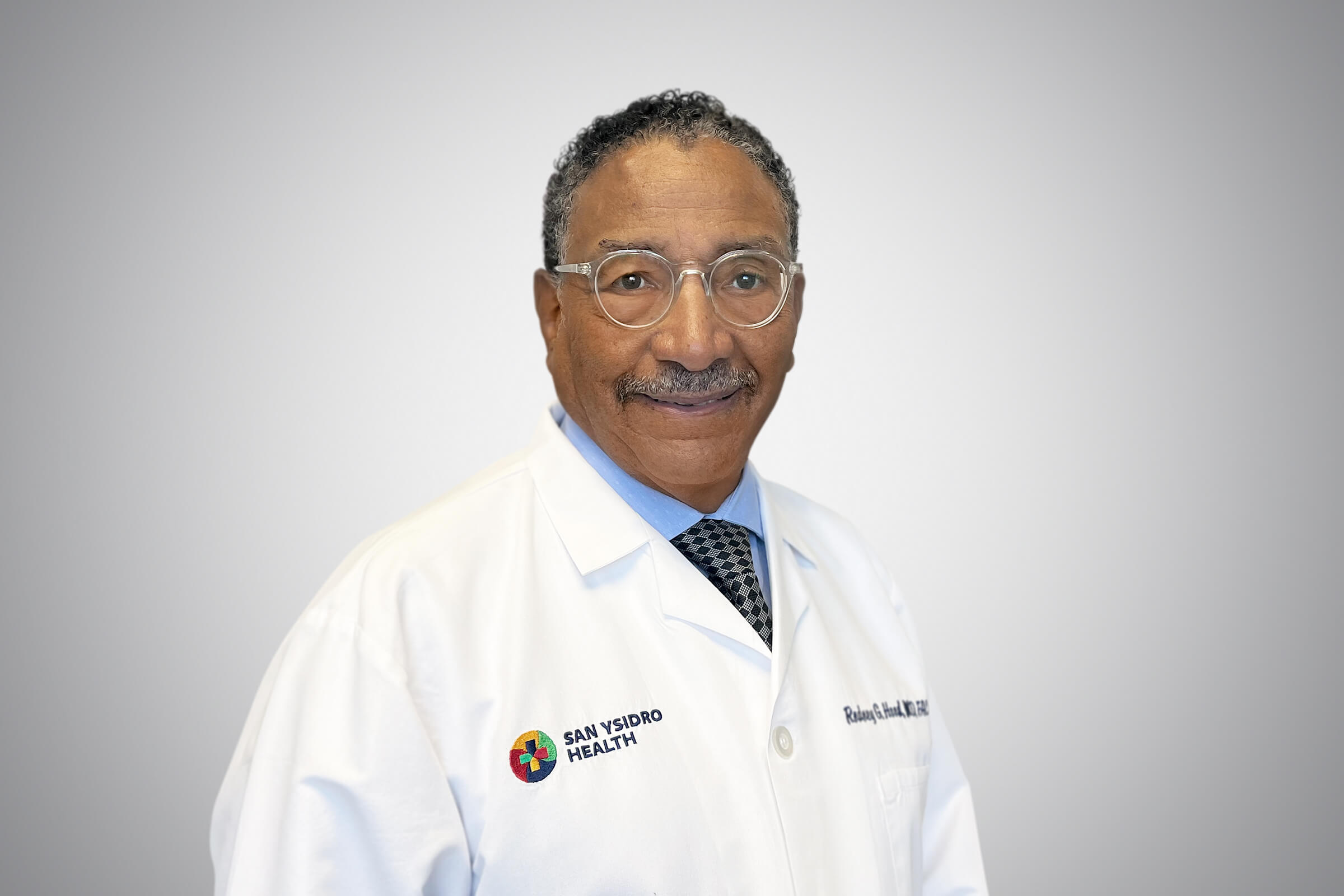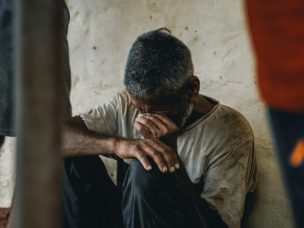 Transcript: Hi. My name is Dr. Rodney Hood. I’m a physician of Internal Medicine. I’ve been in practice in San Diego for over 40 years and I served as the National Medical Association president in the year 2000. My theme at that time was racism in medicine, and how the impact of the past and the racism, not only talking about physicians, but patient actually brings forward to diseases that are being caused today. I talked about what I call PTSD, post traumatic slavery disorder, which is the emotional intergenerational traumas that took place through the centuries. And it’s still affecting us today. Things that we can actually measure and what we call ACES. Those are adverse childhood events, and excess allostatic load, chronic indolent stress, racism, that Blacks suffer at a rate greater than anything else. And there’s evidence to suggest that that trauma is accelerating some of the diseases that we have today. It’s causing us to lead in diseases of the 15 leading causes of death, at least 13 are led by African Americans. Cardiovascular disease, heart attacks, strokes, diabetes, cancer. When I first started doing this research, one of the diseases that was low in African American community was suicide. Now it’s one of the leading causes of death because of stress. So those are just some of the leading causes of death. The question is when I first started talking about this peoples that are talking about health disparities. Well actually the root cause of health disparities are actually health inequities. And most folks get the issue of equal and equity confused, Okay, before we can get equal, we need equity. And that’s why I’m happy in the past 10 or 20 years, we’ve been talking about health health equity, although sometimes it sounds like we’re stepping backward. But until we really understand what equity means, and that means allocating your resources where the need is, rather than allocating it equally.
Transcript: Hi. My name is Dr. Rodney Hood. I’m a physician of Internal Medicine. I’ve been in practice in San Diego for over 40 years and I served as the National Medical Association president in the year 2000. My theme at that time was racism in medicine, and how the impact of the past and the racism, not only talking about physicians, but patient actually brings forward to diseases that are being caused today. I talked about what I call PTSD, post traumatic slavery disorder, which is the emotional intergenerational traumas that took place through the centuries. And it’s still affecting us today. Things that we can actually measure and what we call ACES. Those are adverse childhood events, and excess allostatic load, chronic indolent stress, racism, that Blacks suffer at a rate greater than anything else. And there’s evidence to suggest that that trauma is accelerating some of the diseases that we have today. It’s causing us to lead in diseases of the 15 leading causes of death, at least 13 are led by African Americans. Cardiovascular disease, heart attacks, strokes, diabetes, cancer. When I first started doing this research, one of the diseases that was low in African American community was suicide. Now it’s one of the leading causes of death because of stress. So those are just some of the leading causes of death. The question is when I first started talking about this peoples that are talking about health disparities. Well actually the root cause of health disparities are actually health inequities. And most folks get the issue of equal and equity confused, Okay, before we can get equal, we need equity. And that’s why I’m happy in the past 10 or 20 years, we’ve been talking about health health equity, although sometimes it sounds like we’re stepping backward. But until we really understand what equity means, and that means allocating your resources where the need is, rather than allocating it equally.
Cancer
Depression
Diabetes Type 2
Expert Opinions
Health Disparities
Health Equity
Heart Health
Mental Health








